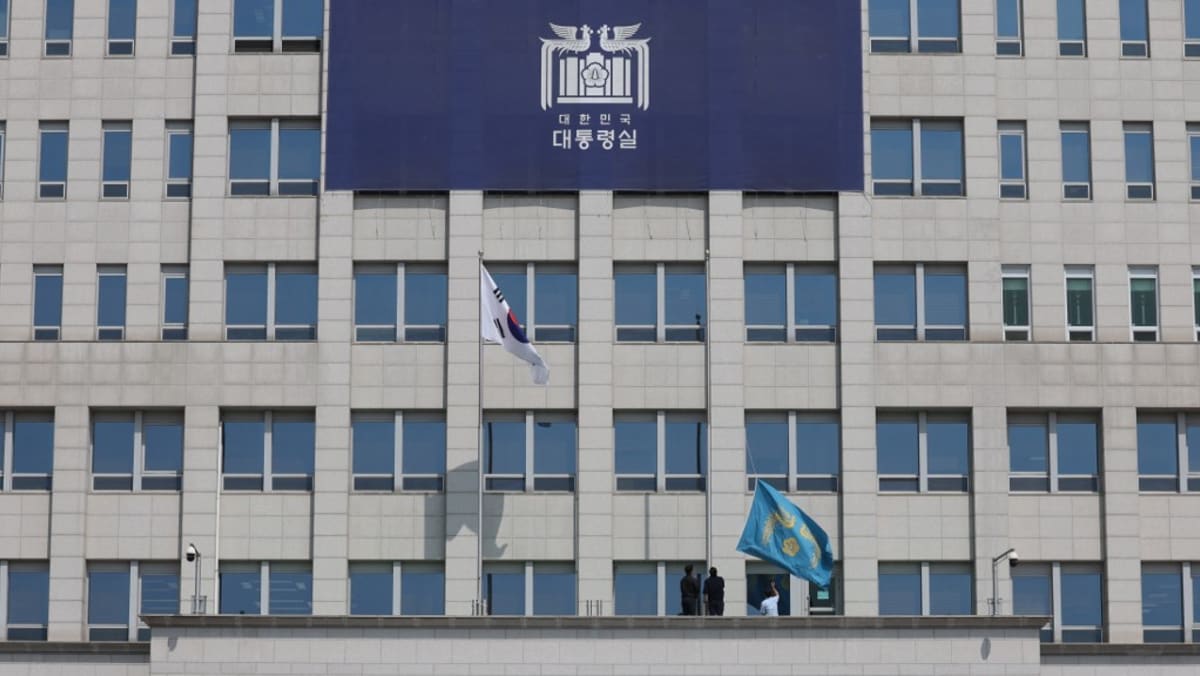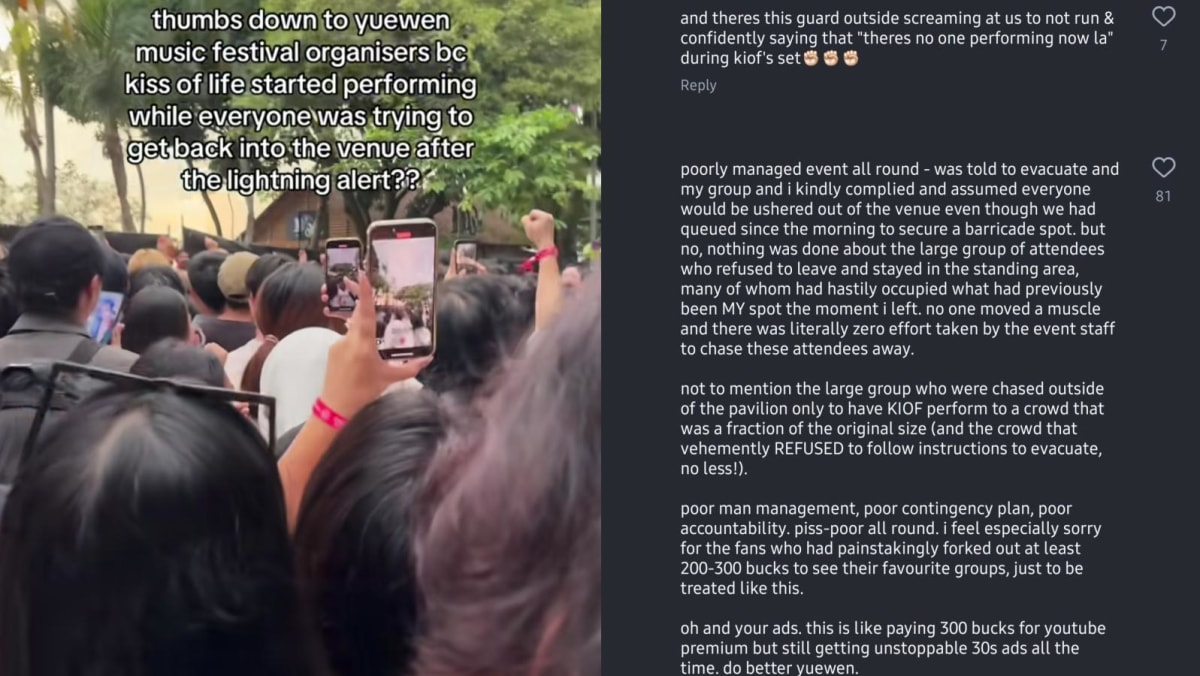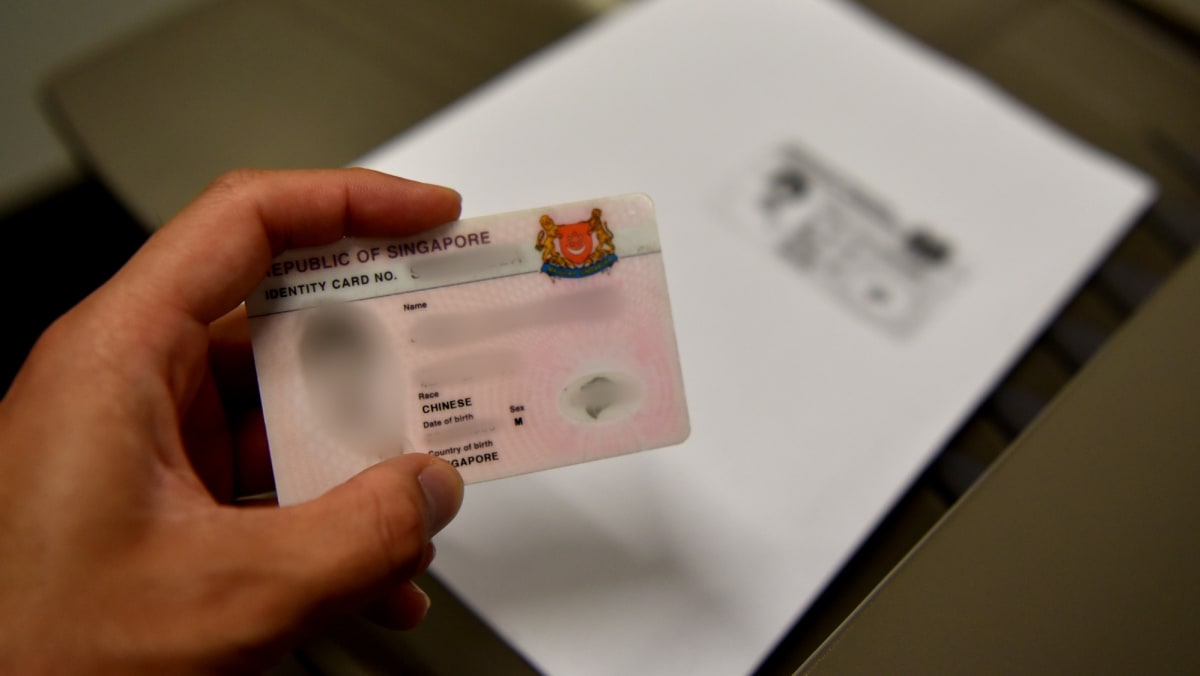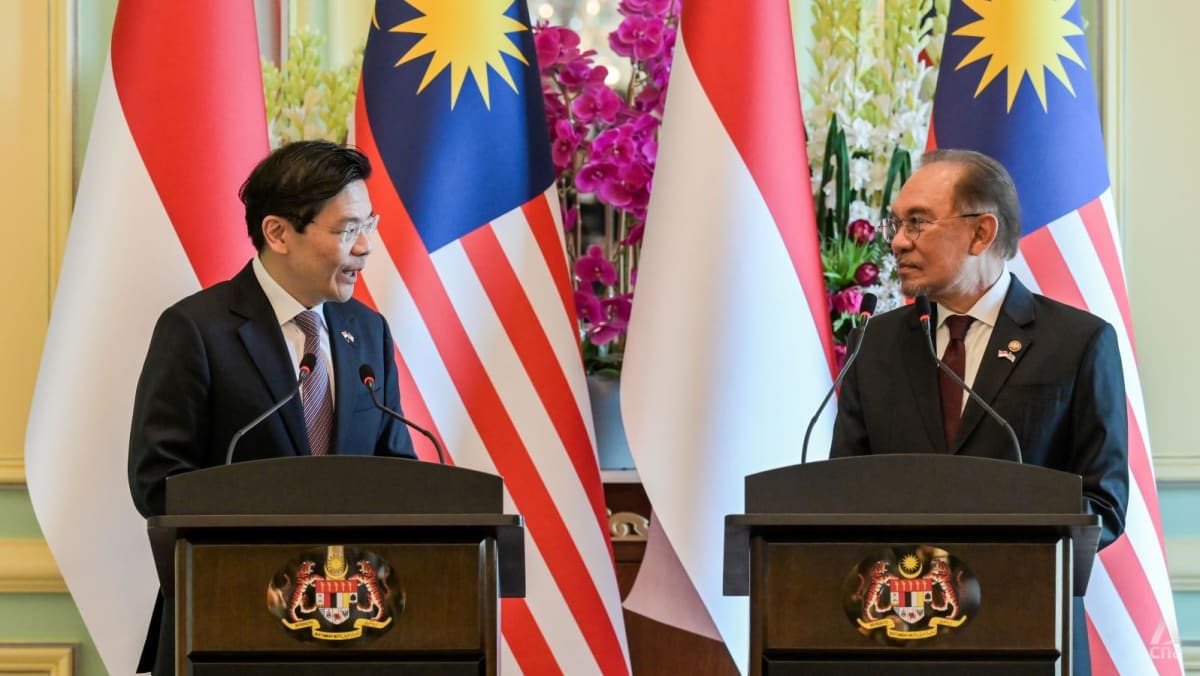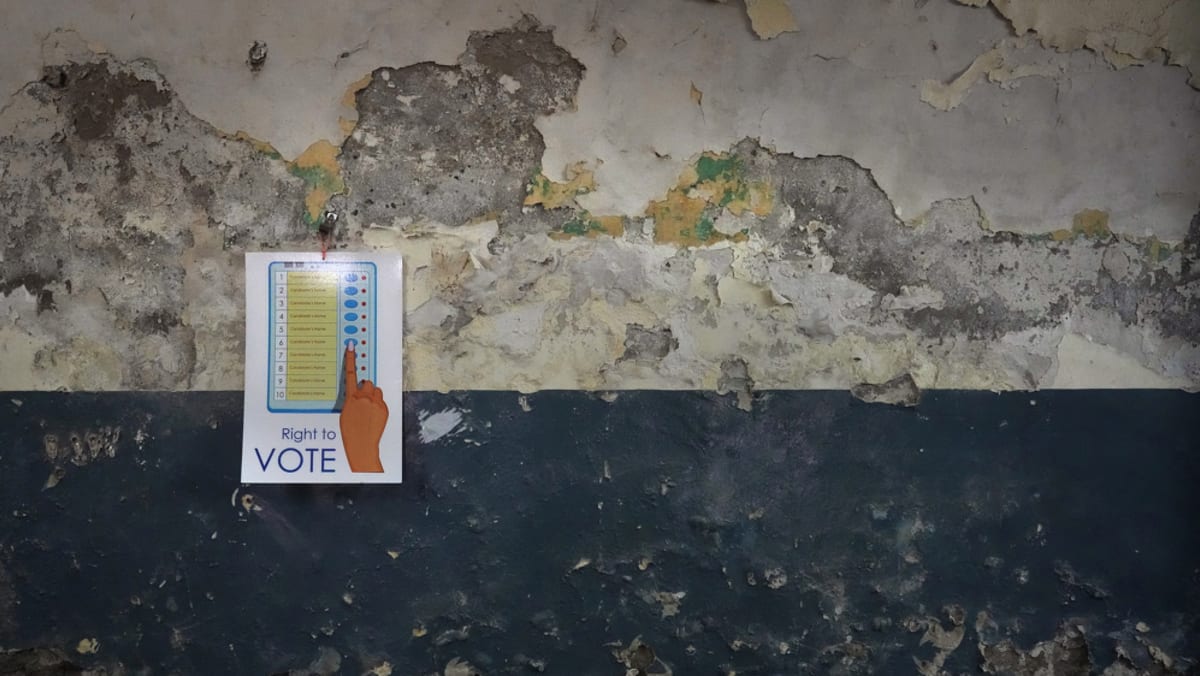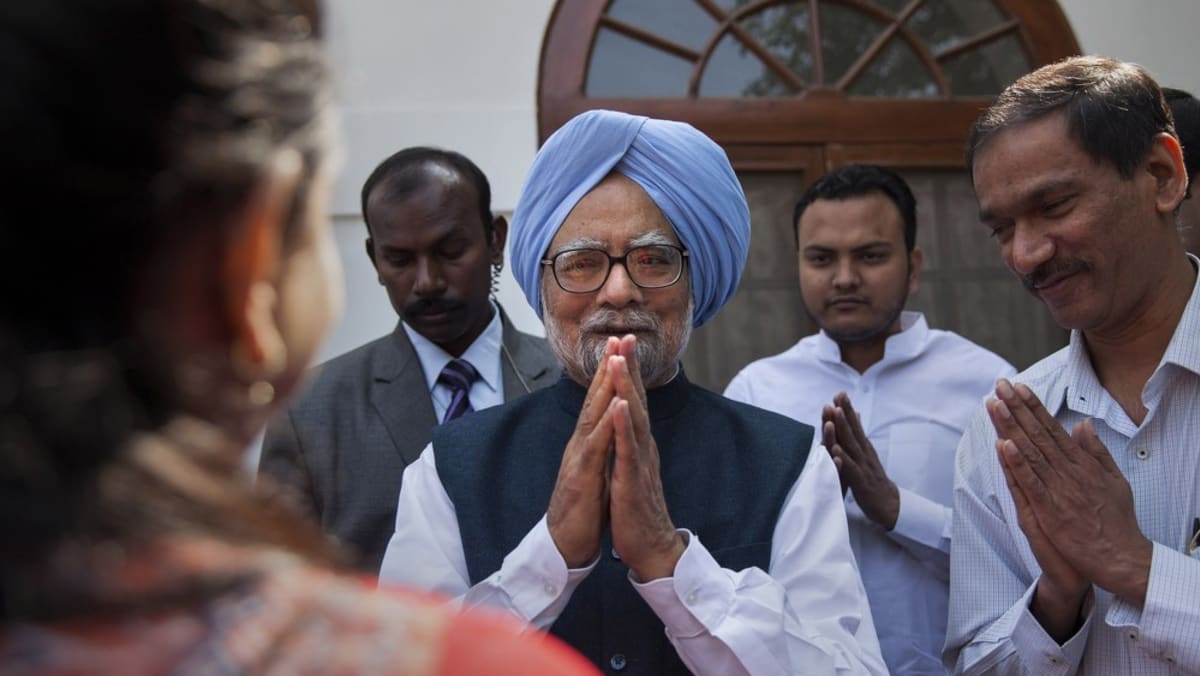JOHOR BAHRU: Singapore drivers who have not installed Vehicle Entry Permit (VEP) tags onto their vehicles will continue to receive warning notices instead of being fined, Malaysia Transport Minister Anthony Loke said on Wednesday (Dec 18), confirming that the government was still not yet fully enforcing the VEP scheme on foreign motorists.
Loke was responding to a question from CNA on whether action against Singapore motorists with unpaid traffic fines will be taken from Jan 1, 2025, as previously announced by Malaysia’s Road Transport Department (JPJ).
“We have not announced the (full) implementation (of VEP enforcement) yet … Any further enforcement will be communicated and will be announced. So nothing to worry for the drivers,” he said on the sidelines of an event in Kuala Lumpur.
Loke added that at present, drivers who have not applied for the VEP will continue to be issued warning notices, but cautioned that this is a temporary arrangement.
“We are giving notices to drivers who have yet to apply for the VEP, but that is for the time-being. That is still the case right now,” Loke said while urging drivers to complete their registration for the VEP.
 Malaysia Minister of Transport Anthony Loke speaks during a media conference at Zenith Hotel Putrajaya on Dec 18, 2024. (Photo: CNA/Fadza Ishak)
Malaysia Minister of Transport Anthony Loke speaks during a media conference at Zenith Hotel Putrajaya on Dec 18, 2024. (Photo: CNA/Fadza Ishak)
The minister did not confirm if Singapore motorists with outstanding fines will face action from Jan 1.
In August, JPJ announced that Singapore motorists with outstanding fines from traffic offences in Malaysia will face enforcement action.
It had warned that foreign drivers with unpaid fines may be denied entry into Malaysia and in extreme cases, their vehicles may be impounded by the authorities there.
This came on the back of Malaysia police outlining that between 1990 and June 2024, Singapore motorists have racked up more than 35,000 unpaid summonses, totalling RM3.5 million (US$783,000).
Malaysia is currently in the first phase of enforcing its VEP system. It announced in May that from Oct 1, all foreign-registered vehicles entering the country by land from Singapore would be required to use VEPs.
The VEP is used by Malaysian authorities to track foreign vehicles and note if the drivers have outstanding fines on traffic offences.
Following the announcement in May, Singapore drivers scrambled to register VEP for their cars, and this resulted in a bottleneck in applications as many expressed frustration over delays in obtaining their radio frequency identification (RFID) tags.
Motorists also faced long queues at the installation centres.
 A TCSens staff member explains the installation of the VEP RFID tag to a vehicle owner. (Photo: CNA/Zamzahuri Abas)
A TCSens staff member explains the installation of the VEP RFID tag to a vehicle owner. (Photo: CNA/Zamzahuri Abas)
Four days before the start of the VEP enforcement, JPJ announced that it would be "executed in phases" and Singapore cars yet to install VEP tags by the Oct 1 deadline will still be allowed to enter Malaysia.
The Malaysia government had previously said that motorists who fail to install a VEP may be fined up to RM2,000 (US$484) or jailed for up to six months.
Loke had previously said that his government was taking a “very gradual approach” in enforcing VEP and that those drivers who enter Malaysia without a VEP RFID tag installed would receive a warning notice.
He added then that when the government would comment on the second phase of enforcement, drivers will be given sufficient notice.
 Singapore-registered vehicle owners lining up at Paradigm Mall’s car park on level 7 for RFID tag installation. (Photo: CNA/Zamzahuri Abas)
Singapore-registered vehicle owners lining up at Paradigm Mall’s car park on level 7 for RFID tag installation. (Photo: CNA/Zamzahuri Abas)
Automotive expert Muhd Raden Anwar - who is also chief executive officer for one of Malaysia's biggest car rental players Wahdah - told CNA that it would be “logical” for the government to enforce fines against Singapore motorists “only when” almost all the VEP applications have been completed and their tags activated.
“It would not be fair if the government enforces the payment of fines when many Singapore drivers are still facing issues getting their (RFID) tags and installing them,” he added.
However, Muhd Raden acknowledged that the VEP was a tool to ensure the government could track foreign drivers who have outstanding fines, and that implementing the system was a positive move.
“It's a way to also track data of foreign vehicles that enter the country and this can help (with) urban planning,” he added.
Loke had previously said that as of Sep 30, Malaysia has issued 112,658 RFID tags to drivers, of which 75,412 have been activated.
The VEP was first announced in 2017 with the aim of tackling car theft and cloning syndicates, and to prevent vehicles from leaving the country without paying fines for traffic offences.
Full enforcement was initially set for 2019 but it was delayed multiple times.


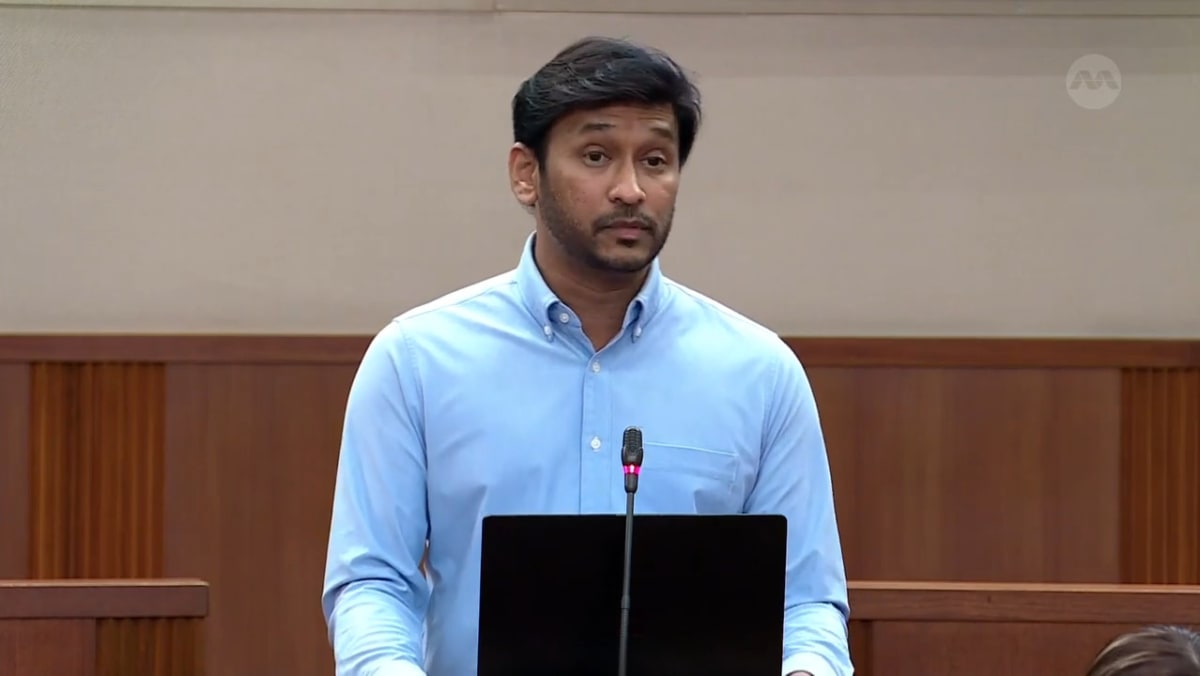




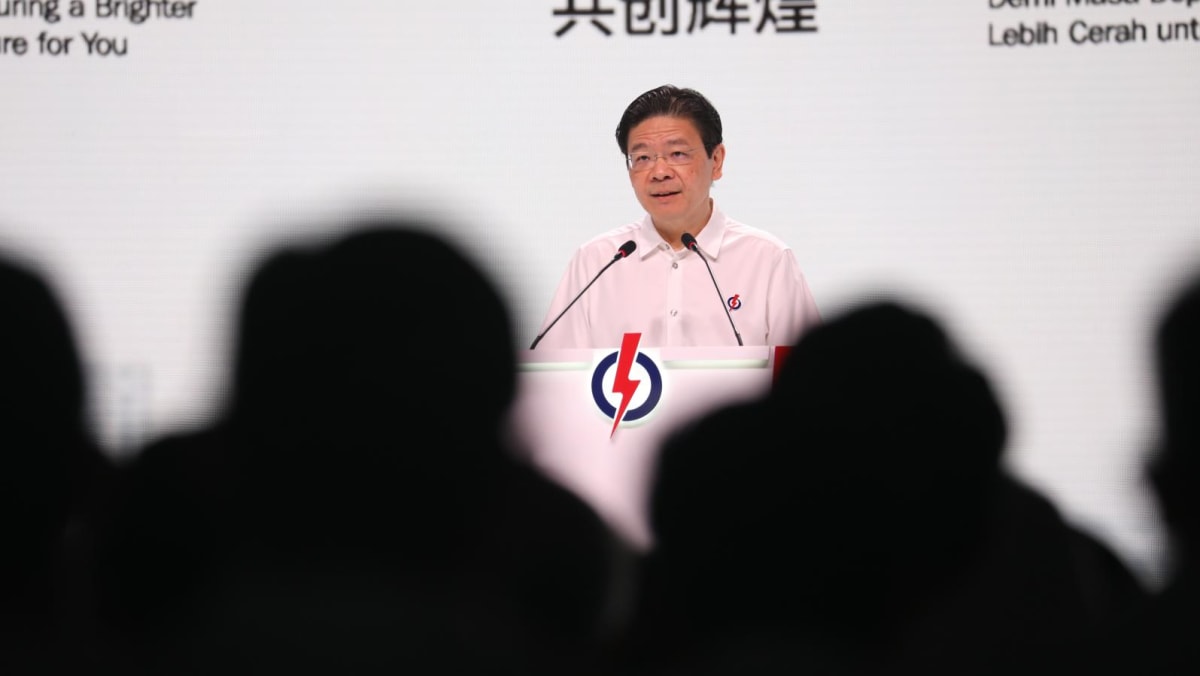




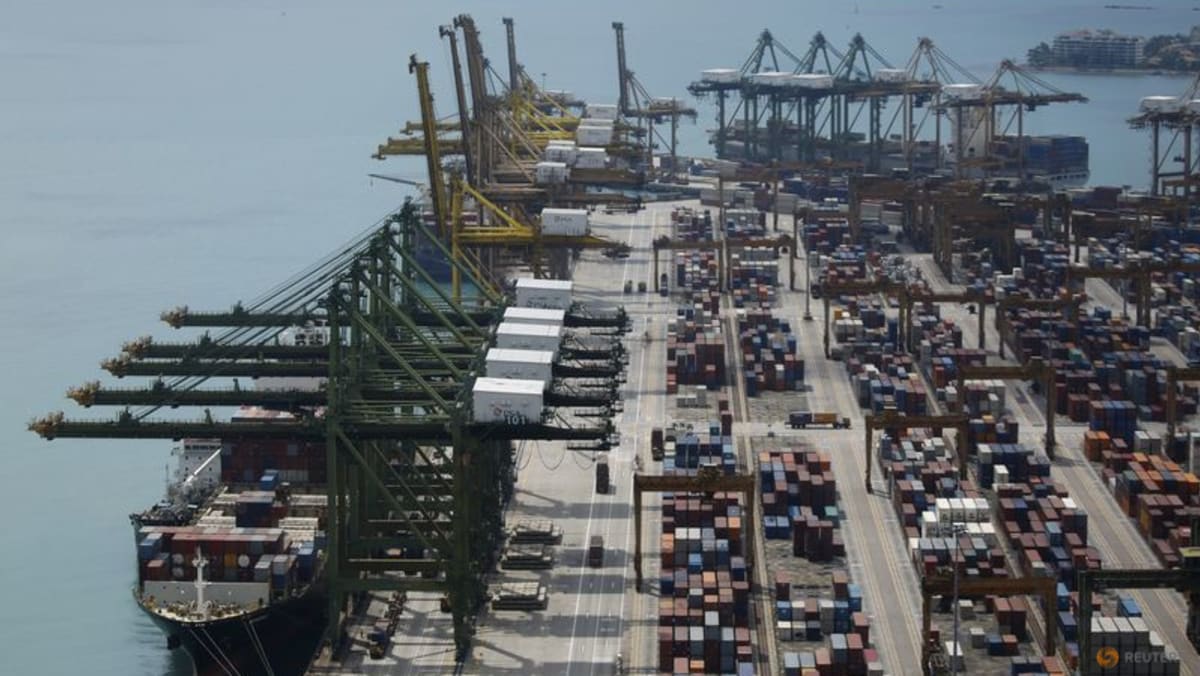

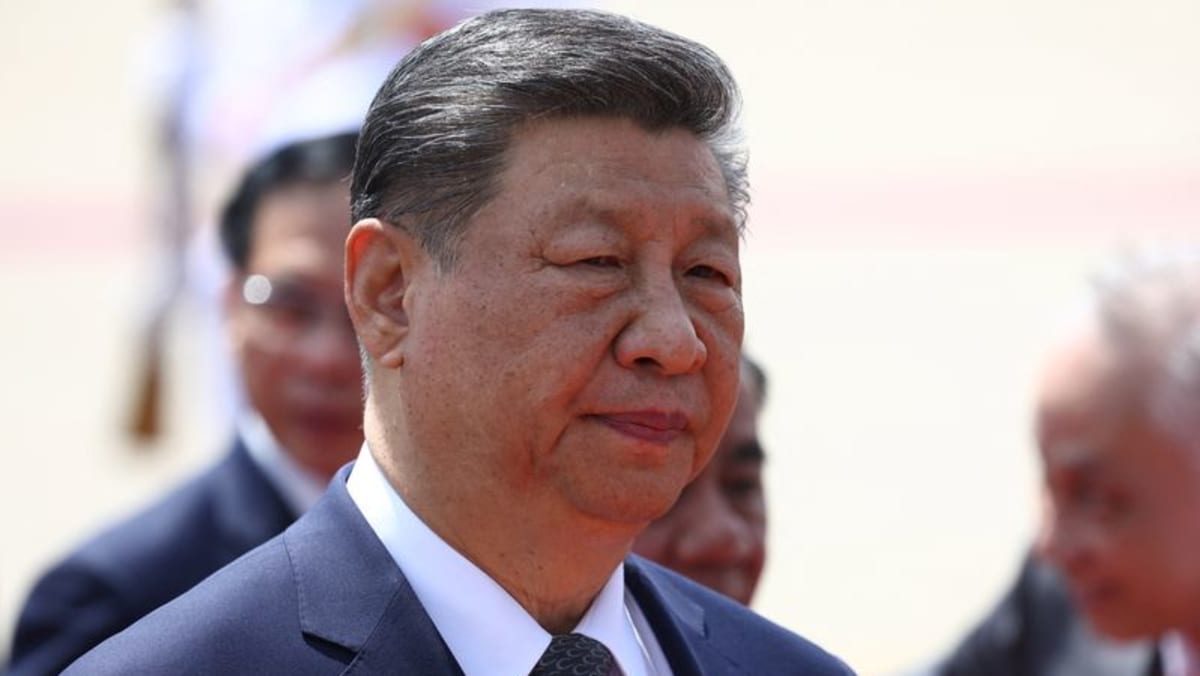
.png?itok=erLSagvf)


